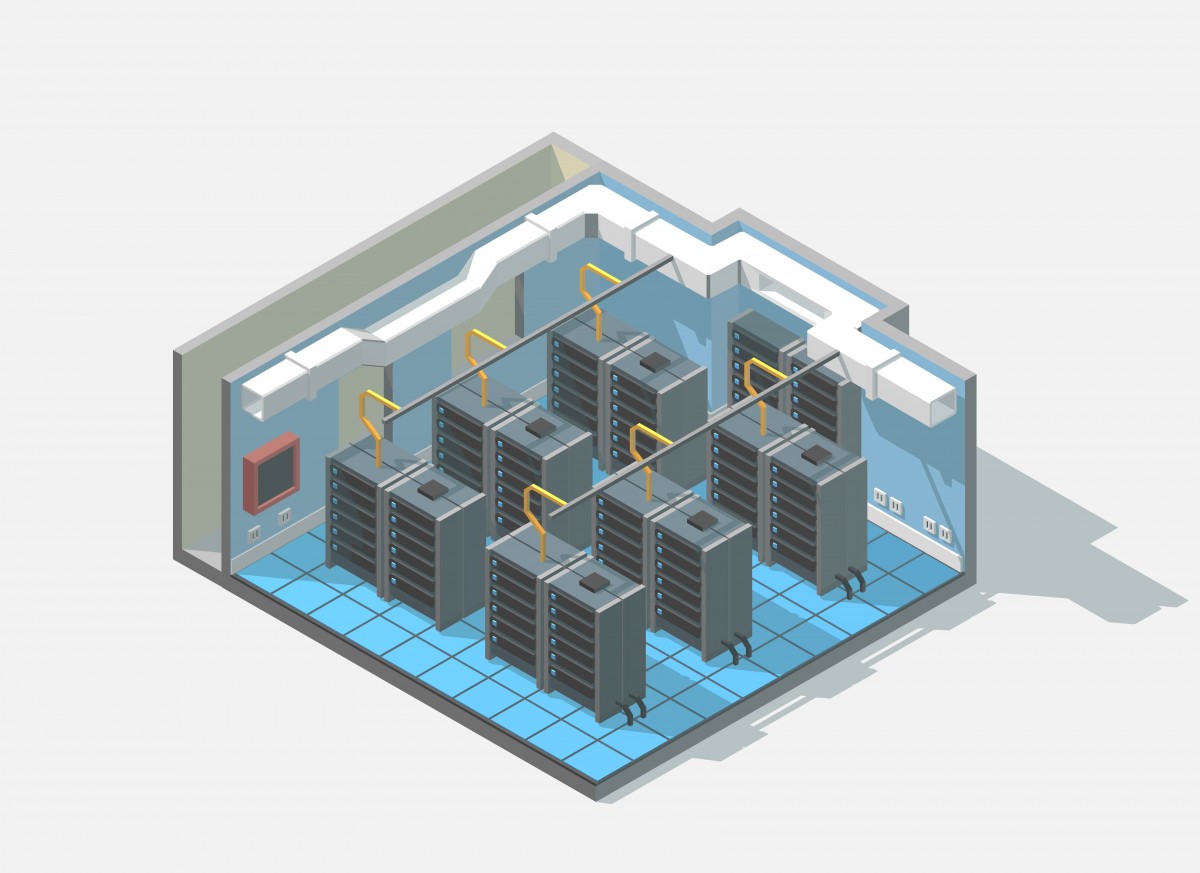“Hawk’s inauguration expands HLRS’s already excellent infrastructure and marks the beginning of a new era for research in areas that we previously have not been able to embark on,” said HLRS Director Michael Resch. “Using the power of computational science and engineering, Hawk will enable cutting-edge academic and industrial research, from complex tectonic interaction to weather patterns, to all be explored. Without the collaboration of our technology partners, such as DDN, a system of this caliber would have never been possible.”
With a peak performance (approximately 26 petaflops) that is 3.5 times faster than HLRS's previous flagship computing system, Hawk is expected to be in the top 10 of the fastest supercomputers worldwide and the fastest general-purpose system in Europe. An inauguration ceremony was held for Hawk on Wed., Feb. 19 in Stuttgart as a celebration took place for the system's future endeavors, including enabling new understanding for optimizing energy efficiency in wind turbines, optimizing motors and power plants, and improving aerodynamic performance in aircraft and automobile engineering. Utilizing DDN’s EXAScaler with IME solution to solve I/O scale and bottleneck challenges, more comprehensive and data-intensive simulations related to pandemic research, the prediction of migration flows and other global challenges will also become possible with Hawk.
“For over 20 years, DDN’s focus has been on enabling at-scale data and to deliver solutions like IME with EXAScaler to help data-intensive organizations and research facilities break free from the challenges and inefficiencies caused by I/O bottlenecks,” said Robert Triendl, head of global sales at DDN. “DDN is honoured to collaborate with HLRS to provide computational and storage capabilities that help generate new discoveries, advance scientific understanding and allow scientists and engineers to take on grand challenges that have previously been unreachable or even unimaginable, in order to help us better understand the world around us.”




